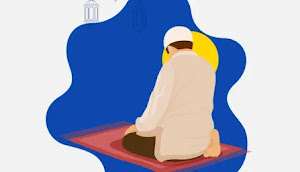
WONOSOBO – Ahmad Dahlan’s teachings of Al-Ma’un transcend time as a transformative movement, and the spirit of healthcare development embodies divine worship and the essence of Surah Al-Ma’un.
President of Muhammadiyah Haedar Nashir mentioned that Surah Al-Ma’un has brief verses but has transformed civilization, surpassing traditional recitation and memorization that prevailed for millennia. Dahlan’s distinctive perspective and comprehension of the Quran have made the surah the everlasting spirit of the renewal movement.
“Therefore, we should delve deeper into understanding the Quran,” said Haedar in the official inauguration of the Hafshah Tower at PKU Muhammadiyah Wonosobo on Thursday (July 20).
Muhammadiyah members should understand the Quran beyond its literal text, embrace its context, intuition, and interpretation, and follow the codified methods of text-based (bayani), logic-based (burhani), and experience-based (irfani) by the Muhammadiyah Council for Islamic Thought and Judgement.
A limited Quranic understanding may hinder cultural enrichment in religious life. While cultural aspects are vital, excessive reliance on them for religious matters should be avoided.
The spirit of Al-Ma’un is also not against wealth; Islam has several commandments that promote prosperity, such as zakat (charitable giving) and hajj (pilgrimage). These obligations inspire Muslims to strive for prosperity to fulfill their zakat and hajj duties.
Furthermore, establishing hospitals is a manifestation of the spirit of enjoining good and forbidding evil (amar ma’ruf nahi munkar). Da’wa need not be forceful but can be performed through tangible actions like founding hospitals, educational institutions, social services, and community-based economic programs.
“May the Hafshah Tower be a place where we embody the spirit of Al-Ma’un, reaping benefits in this world and the hereafter,” said Haedar.***




















